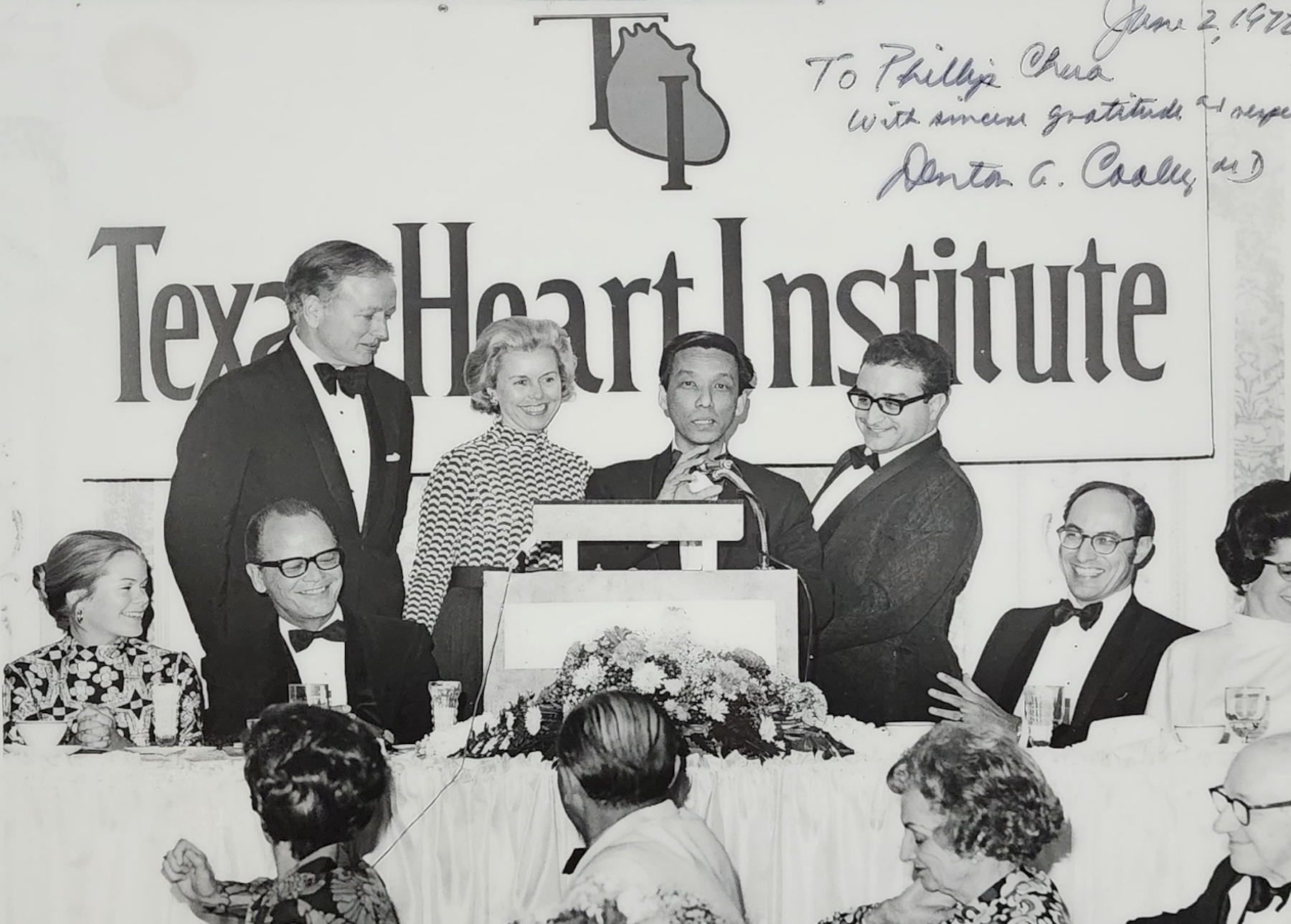President Donald Trump’s announcement that he would put an end to “chain” migration as a feature of immigration law is worrisome and ill-advised. What he really means is that he would eliminate “family reunification” — a proviso which enables naturalized citizens to petition for immediate family members to immigrate — as a feature of U.S. immigration policy. This is backward and makes a mockery of this country’s avowed commitment to family.
For immigrants, in particular, eliminating family reunification as a feature of immigration law enables the exploitation of immigrant talent and labor, while denying them the ability to establish communities. Families are the building blocks of communities, and without families, viable immigrant communities will find it hard to take root. This is the hard-earned lesson inscribed in Filipino-American historical memory. Prior to the World War II, when Filipino immigrants were unable to bring their families, they were unable to establish viable communities. They were reduced to loose bands of migrant male workers, following the harvest, subject to exploitation and discrimination.
Families constitute an essential support system to a healthy workforce especially an immigrant workforce. It is vital to its mental health, for it is this connection to love ones that grounds an individual and cements his/her bonds with society at large. Without family, an individual’s bonds with society become that much more tenuous and brittle.
Changing immigration policy to eliminate family reunification disaffirms an immigrant worker’s humanity. It exploits his talent and labor, but prevents him from building stronger bonds with society. This is foolish and ignorant, for when these social bonds break, the social costs could be enormous.
The promise of family reunification is a major incentive for immigrant workers to apply for citizenship, thus cementing their bonds with America. Taking away the ability of naturalized citizens to sponsor family members to immigrate creates a double standard fraught with constitutional issues. Should a native-born citizen be barred from sponsoring their foreign-born wife or husband, too? What about underaged children from a former marriage? If not, why should native-born citizens enjoy a privilege that foreign-born citizens do not have? Shouldn’t citizenship bestow upon an individual, regardless of whether they are foreign-born or native-born the same rights and privileges? **
As Filipino Americans, we have suffered immensely from misguided and racially based immigration policies of the past. We cannot and should not silently stand by as misinformed and misguided immigration reform ideas are legislated into law.
**The founding fathers reserved only one right for native-born citizens: the privilege to run for president of the United States.




